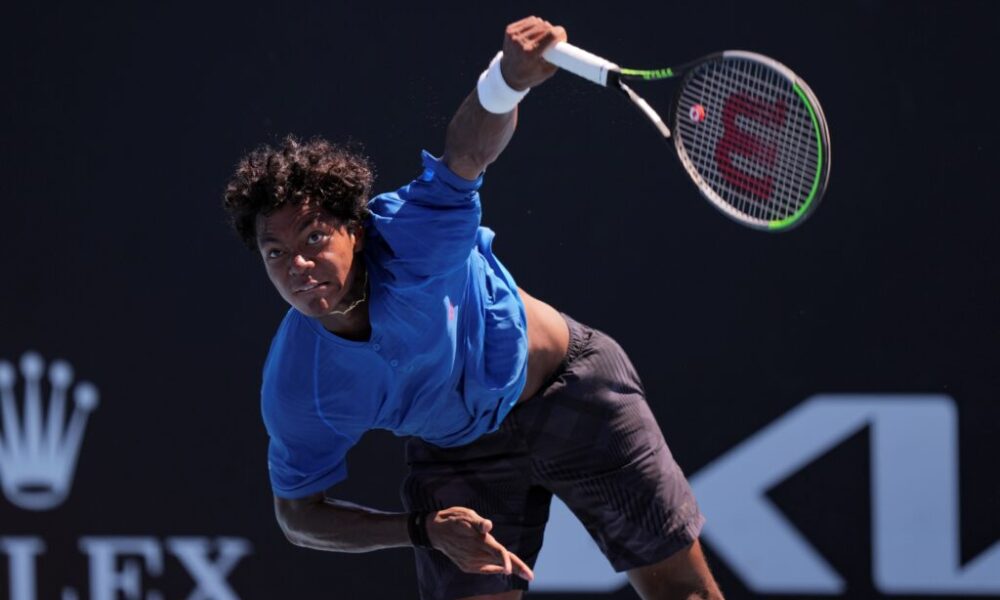Coach Resources
Developing Tennis Players for High Performance – Are we looking at the context?

Summary
The development of elite tennis players is a complex process influenced by various factors, particularly the roles of parents and coaches. This essay highlights the importance of understanding the context in which players train, including the selection of training sites and the quality of relationships with supportive adults. By focusing on these elements, the tennis community can enhance local training environments, ultimately improving the chances for success at the international level.
Highlights -🎾
- Complex Development: Elite tennis player development is multifaceted and context-dependent.
- Role of Parents: Parents significantly influence their children’s tennis journey through support and involvement.
- Coaching Importance: Quality coaching is crucial for developing successful athletes.
- Training Site Selection: The choice of training centers impacts athlete development and success.
- Holistic Approach: Understanding the broader ecosystem of sports is essential for player development.
- Emotional Support: Healthy relationships between parents, coaches, and players foster a positive environment.
- Long-Term Vision: Sustainable development strategies require time and consistent resource allocation.
Key Insights -🧠
- Contextual Influence: The environment in which players are trained significantly affects their development. Understanding local socio-economic factors can help tailor training programs to meet athletes’ needs. 🌍
- Parental Role: Parents are often the primary influencers in a young athlete’s life, shaping their motivation and engagement. Educating parents on their supportive roles can lead to healthier athlete development. 👨👩👧
- Coaching Competence: Effective coaches integrate professional knowledge with interpersonal skills to create conducive training environments. Continuous professional development is essential to maintain coaching quality. 👩🏫
- Training Center Dynamics: Not all high-performance training centers are suitable for every athlete. Smaller, more personal environments can sometimes better support young players’ growth. 🏟️
- Emotional Intelligence: Coaches and parents must possess emotional intelligence to foster trust and communication, which are vital for a positive training atmosphere. 💬
- Resource Allocation: Strategic investment in coaching education and player development programs can yield long-term benefits for national tennis programs. 💰
- Cultural Fit: The cultural context of training centers can affect athletes’ well-being. It’s crucial to consider how culture influences young players’ performance and satisfaction. 🌏
You must be logged in to post a comment Login